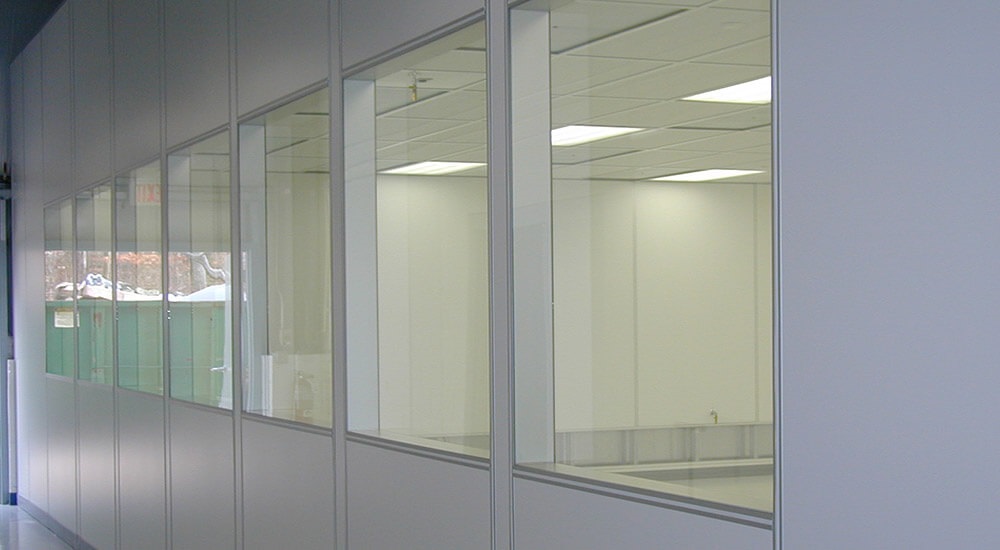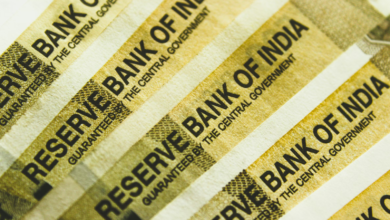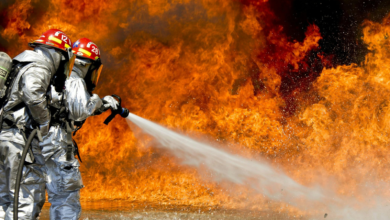
Choosing the Right Vision Panels: Glass or Polycarbonate?
When it comes to choosing materials for vision panels in doors, both glass and polycarbonate have distinct advantages and disadvantages.
Understanding these can help you make an informed decision for your specific needs, whether it’s for commercial, industrial, or residential use. Let’s dive into the pros and cons of glass and polycarbonate vision panels.
Table of Contents
Strength and Durability
One of the primary considerations is the strength and durability of the material. Glass, particularly tempered or laminated glass, is strong and resistant to scratches. However, it is still prone to shattering under high impact, which can pose a safety risk in certain environments.
Polycarbonate, on the other hand, is virtually unbreakable. It is 250 times more impact-resistant than glass, making it an excellent choice for high-security areas.
If you’re looking for a durable option that can withstand significant force, polycarbonate is the way to go. Searching for a Polycarbonate Sheet near me can help you find local suppliers offering top-quality sheets suitable for your project.
Clarity and Aesthetics
Both materials offer excellent clarity, but there are some differences to note. Glass provides a crystal-clear view, which is aesthetically pleasing and ideal for environments where appearance is paramount. It does not yellow over time and maintains its transparency well.
Polycarbonate also offers good clarity but can yellow slightly over prolonged exposure to UV light. However, modern polycarbonate sheets come with UV coatings that significantly reduce this effect. While it may not match the perfect clarity of glass, polycarbonate still provides a clear view and is suitable for most applications.
Fire Resistance
In terms of fire resistance, glass has an edge. Fire-rated glass can withstand high temperatures for a specific period, making it suitable for fire-rated doors. It prevents the spread of flames and smoke, providing an essential barrier in case of a fire.
Polycarbonate is less resistant to heat compared to glass but can still be used in fire-rated applications if properly treated. Fire-rated polycarbonate sheets are available, and they meet the necessary safety standards for fire resistance.
Weight and Ease of Installation
Polycarbonate is significantly lighter than glass, making it easier to handle and install. This lightweight nature reduces the overall weight of the door, which can be beneficial in various applications, especially in environments where doors are frequently used.
Glass is heavier and requires more robust framing and support. While it can be more challenging to install, the weight of glass can contribute to its stability and resistance to wind and other forces.
Cost Considerations
When it comes to cost, polycarbonate is generally more affordable than glass. The lower cost, combined with its high durability, makes polycarbonate a cost-effective solution for many projects.
Glass, especially fire-rated or laminated varieties, can be more expensive, but it offers unparalleled clarity and fire resistance.
Environmental Impact
Polycarbonate has a lower environmental impact compared to glass. It requires less energy to produce and transport due to its lightweight nature. Additionally, polycarbonate is recyclable, making it a more environmentally friendly option.
Glass production is energy-intensive, and its heavier weight increases transportation costs and carbon footprint. However, glass is also recyclable and can be repurposed for various uses.
In summary, both glass and polycarbonate vision panels have their unique advantages. Your choice will depend on your specific needs. By evaluating these factors, you can select the right material for your vision panels, ensuring safety, functionality, and aesthetic appeal.








